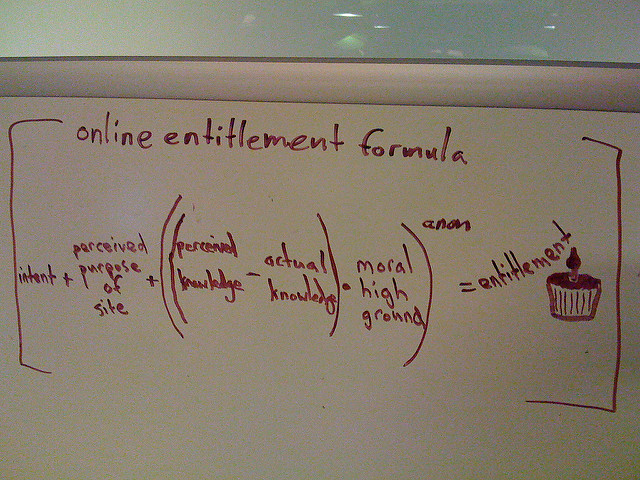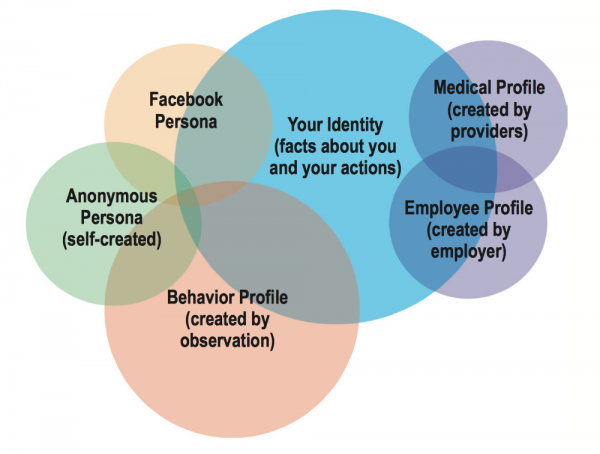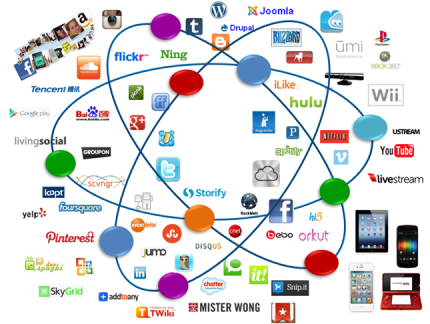
I’m BECCALBLOG. Well, That’s What You Think..(UOSM2008)
Like many others, I love sitting back on the sofa with a cuppa watching an episode of MTV’s show, Catfish. Despite the show focusing on stories of people pretending to be someone they’re not, I’ve never actually thought properly about the big topic of today’s tech-obsessed society – online identity.
Continue reading →
















